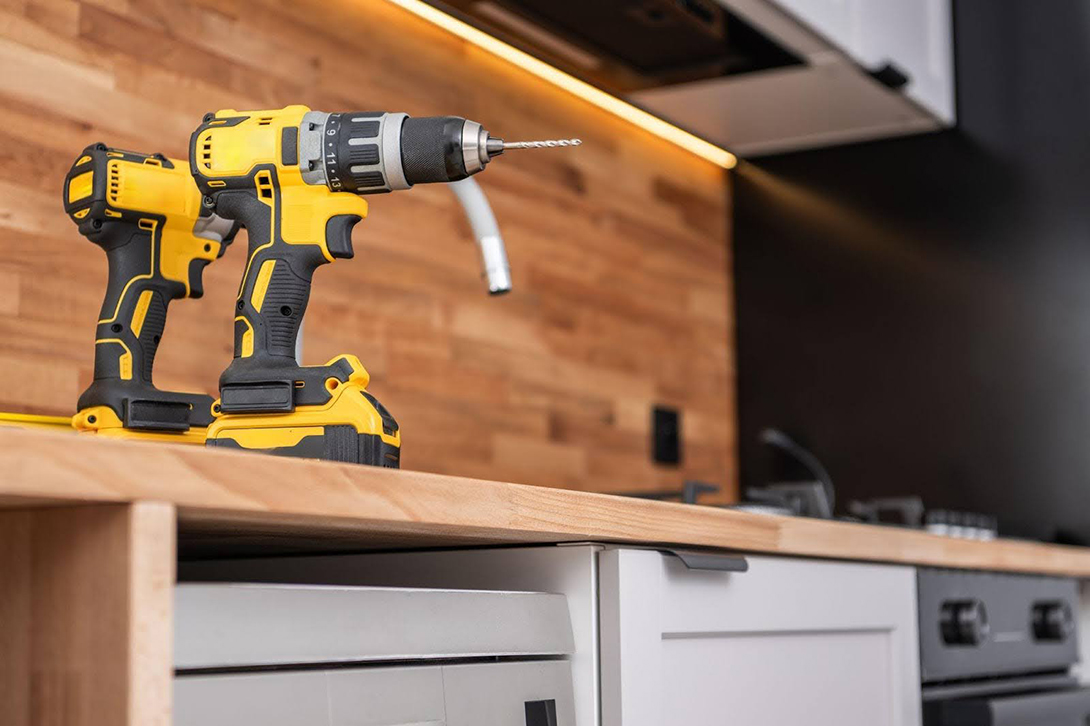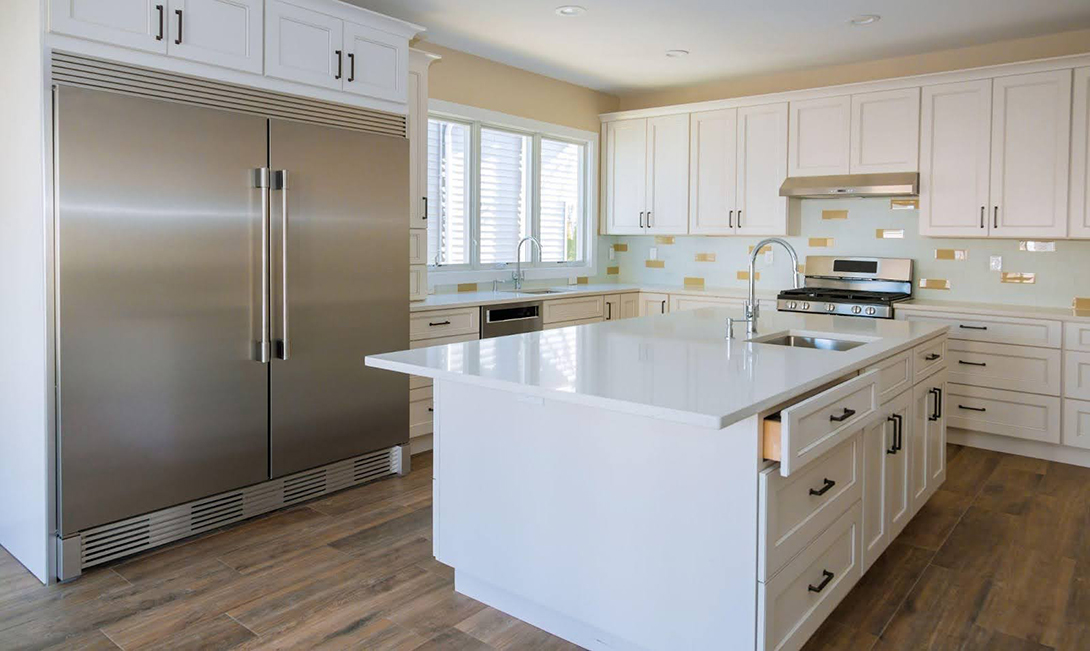Remodeling a kitchen is one of the most exciting home improvement projects. Not only does it enhance the functionality and aesthetic appeal of your home, but it also adds significant value. However, before diving into a kitchen renovation, it’s crucial to understand the costs involved and how to manage them effectively.
In this comprehensive guide, we’ll break down the various factors that contribute to the cost of a kitchen remodel, from materials and labor to unexpected expenses. Whether you’re planning a minor update or a complete overhaul, this information will help you budget wisely and make informed decisions.
Factors Affecting Kitchen Remodel Costs
Kitchen remodel costs can vary widely based on several factors. Here are the most significant ones to consider:
- Scope of the Remodel
- Minor Remodel: A cosmetic update that might include painting, new countertops, and cabinet refacing typically costs between $10,000 and $20,000.
- Mid-range: This might involve semi-custom cabinetry, upgraded appliances, and new countertops, ranging from $20,000 to $50,000.
- Major Remodel: A complete overhaul with custom cabinetry, high-end appliances, and new flooring can exceed $50,000, often reaching $100,000 or more.
- Size of the Kitchen
- Small Kitchens (70-100 sq ft): Remodel costs typically range from $5,000 to $20,000.
- Medium Kitchens (100-200 sq ft): Costs can range from $15,000 to $50,000.
- Large Kitchens (200+ sq ft): A remodel can cost $30,000 to $100,000 or more, depending on the materials and finishes.
- Materials and Finishes
- Cabinetry: Stock cabinets are the most affordable, while custom cabinetry can be quite costly. The price for cabinets can range from $2,000 for stock options to over $20,000 for custom designs.
- Countertops: Options like a laminate are budget-friendly, while quartz or natural stone can significantly increase costs. Countertops can range from $1,5000 for laminate to over $10,000 for high-end materials.
- Flooring: Vinyl and laminate are less expensive, while hardwood or tile flooring is more costly. Flooring costs typically range from $1,000 to $5,000.
- Appliances: Basic appliances start around $2,000, while high-end energy efficient models can exceed $10,000.
-
Labor Costs
Labor costs account for 20% to 35% of a kitchen remodel budget. Skilled labor such as plumbing, electrical work, and carpentry can vary based on the project’s complexity and the region you live in. Hiring licensed professionals ensures quality work but can add to the overall cost.
-
Location
The cost of living and local market conditions in your area can significantly impact the cost of a kitchen remodel. Urban areas and regions with a higher cost of living typically experience higher remodeling costs. -
Permits and Inspections
Depending on your project’s scope and local regulations, you may need permits for plumbing, electrical work, and structural changes. Permits costs vary but typically range from $500 to $2,000. -
Unexpected Expenses
Prepare for the unexpected! Hidden problems like outdated wiring, plumbing issues, or structural changes can add unforeseen expenses. It’s wise to set aside 10% to 20% of your budget as a contingency fund.
Budgeting Tips for Your Kitchen Remodel
Planning and budgeting are essential for a successful kitchen remodel. Here are some tips to help you stay on track:
-
Set Clear Priorities
Identify your must-haves versus nice-to-haves. Decide what aspects of your kitchen are most important, such as functionality, aesthetics, or resale value. This will help you allocate your budget effectively. -
Get Multiple Quotes
Get quotes from several contractors to compare prices and services. Look for contractors with a good reputation and experience in kitsch remodels. A detailed quote will help you understand what’s included and identify potential savings.
-
DIY Where Possible
If you have skills, consider doing some of the work yourself, such as painting or installing backsplashes. However, leave the complex tasks like electrical work or plumbing to professionals to ensure safety and compliance. -
Consider Financing Options
Explore financing options if you’re unable to pay for the remodel upfront. Home equity loans, personal loans, and credit cards are common choices, but be sure to understand the interest rates and terms. -
Focus on Value-Adding Features
Invest in features that add long-term value, such as energy-efficient appliances and durable materials. These not only enhance your kitchen’s appeal but can also increase your home’s resale value.
Overall
A kitchen remodel is a valuable investment, offering enjoyment and increased property value. Whether you’re planning a minor refresh or a major renovation, understanding the costs involved will help you make informed decisions. With careful planning and budgeting, you can create a beautiful and functional kitchen that meets your needs and enhances your home.
For more personalized advice on kitchen remodels or to explore properties with beautifully remodeled kitchens, feel free to reach out to me! I’m here to help you find your dream home!
FAQs
-
How can I save money on a kitchen remodel?
To save money, consider refacing cabinets instead of replacing them, choosing budget-friendly materials, and handling minor tasks yourself. -
Is it worth investing in high-end appliances?
High-end appliances can add value and performance to your kitchen, especially if you plan to sell your home. However, they can be costly, so weigh the benefits against your budget. -
How long does a kitchen remodel typically take?
A minor remodel can take a few weeks, while a major overhaul takes several months. Planning and coordination are key to minimizing delays. -
What is the best way to finance a kitchen remodel?
Consider home equity loans, personal loans or savings. Assess your financial situation to choose the best option for your needs.

